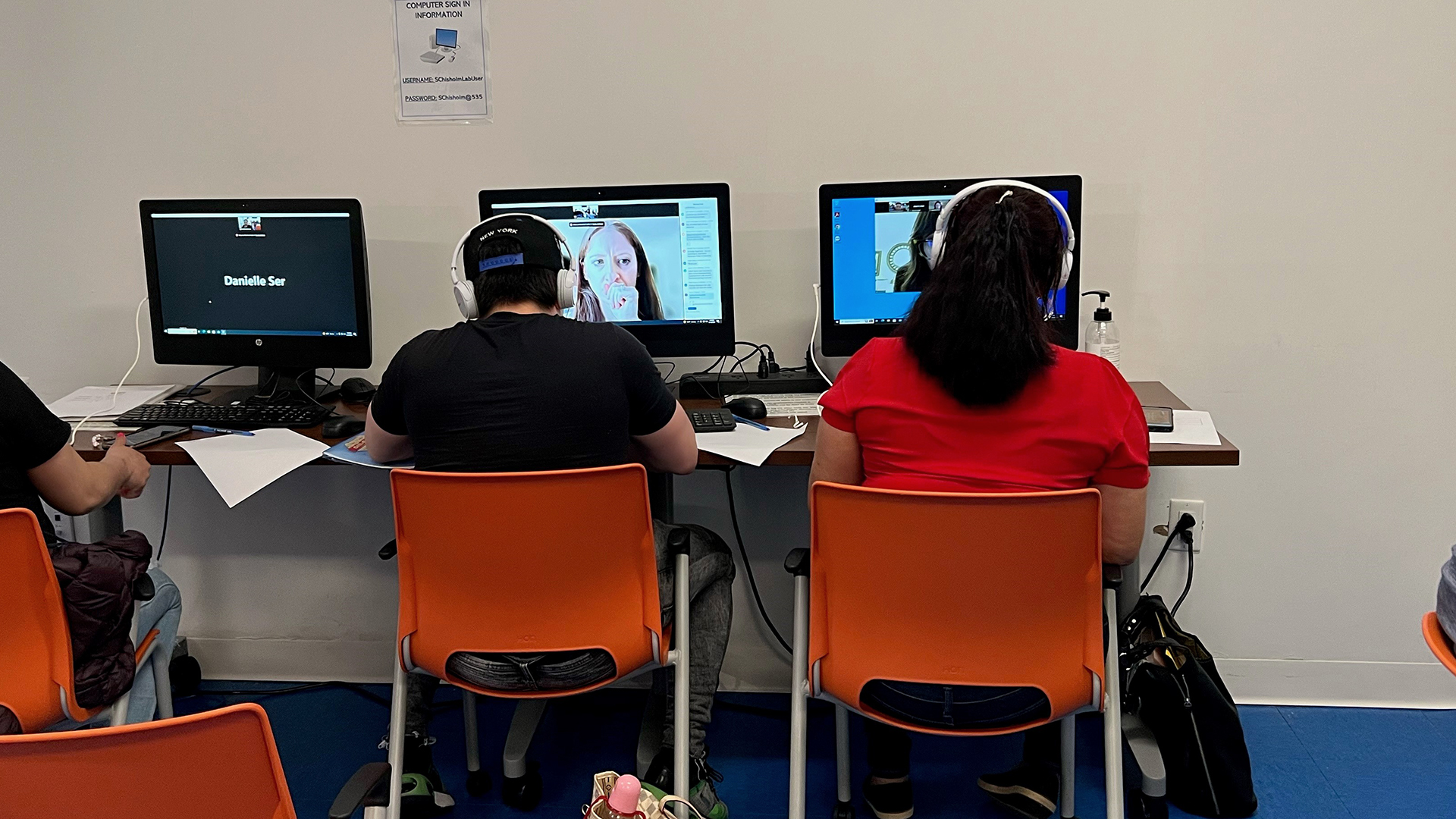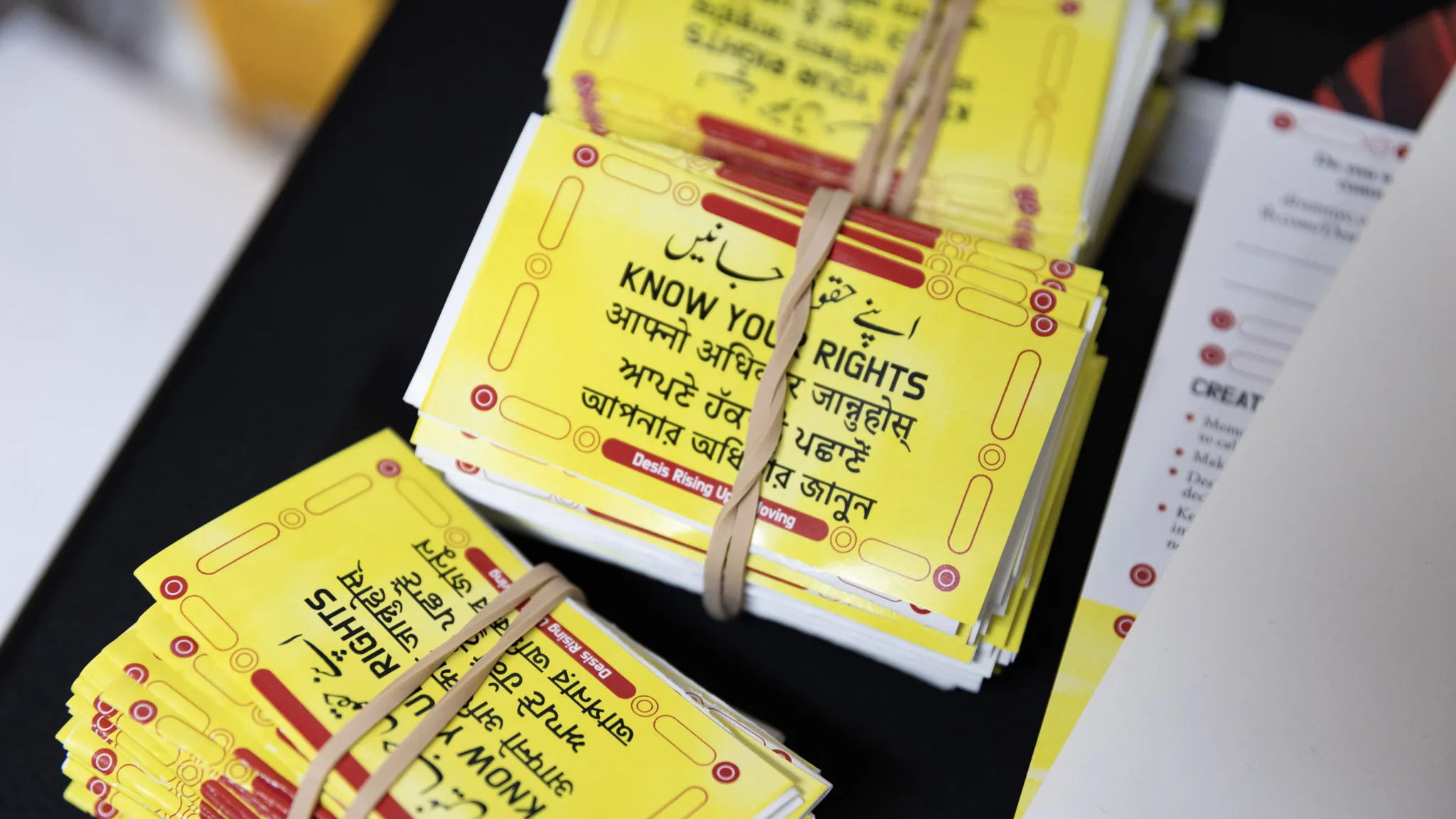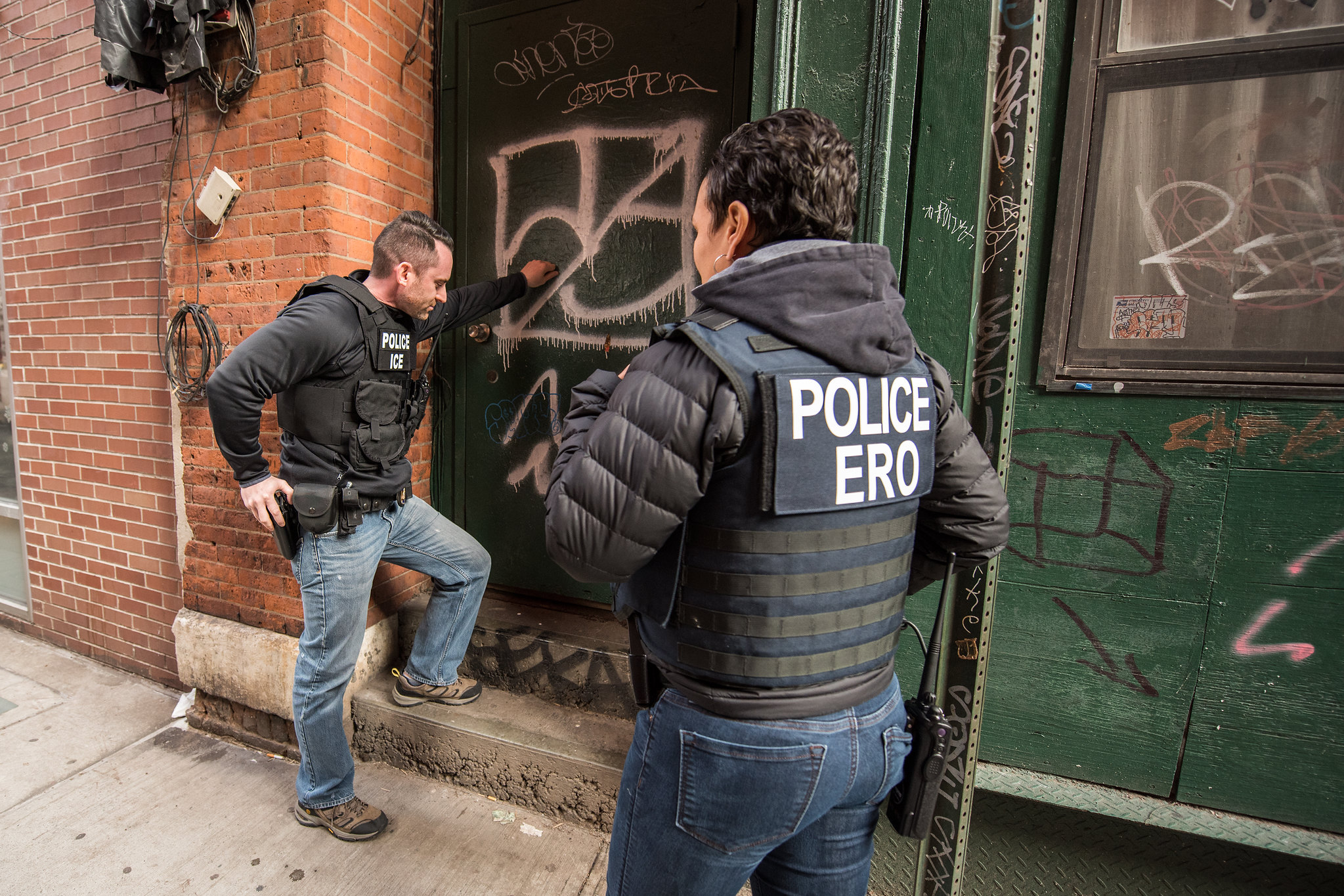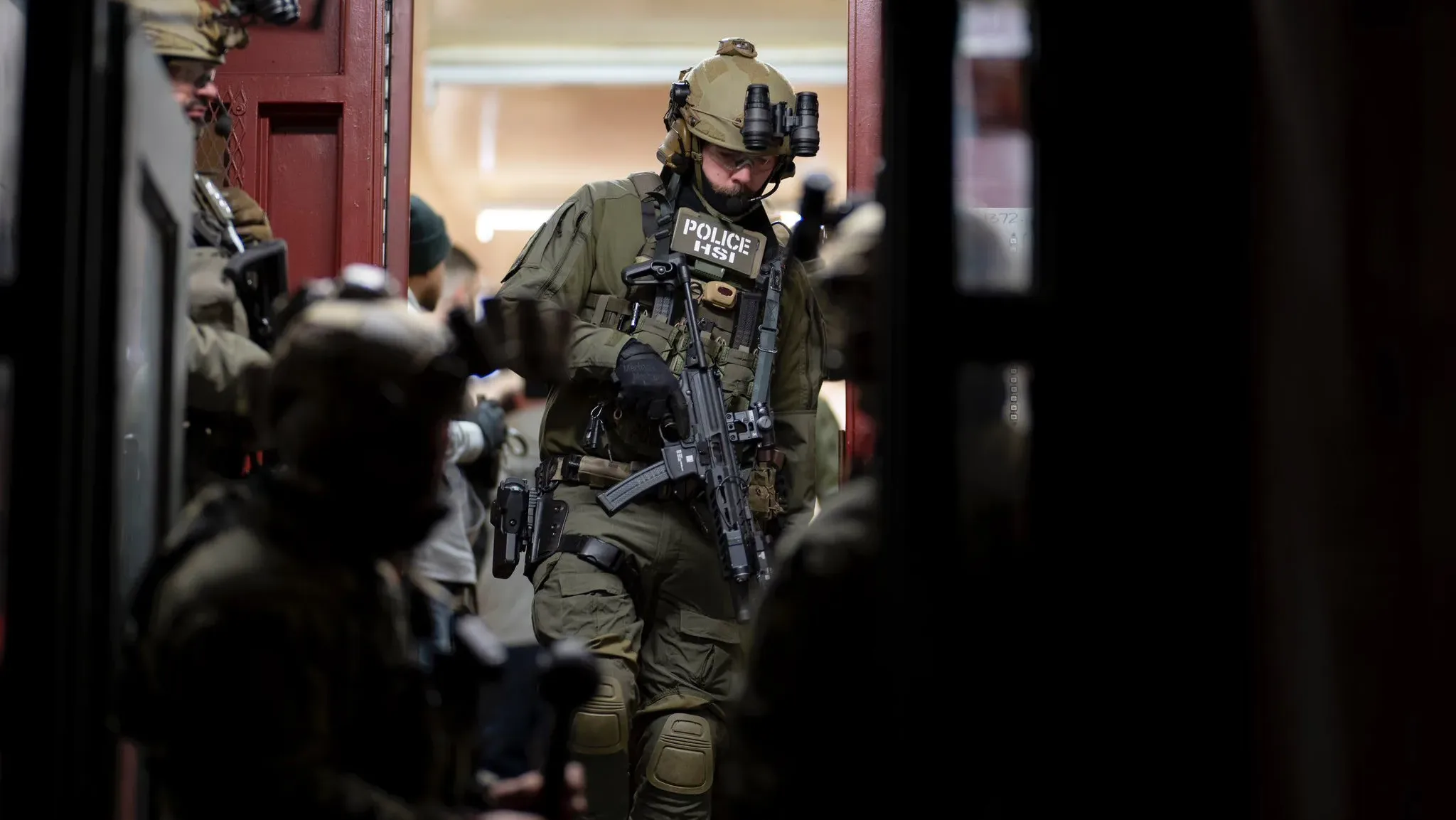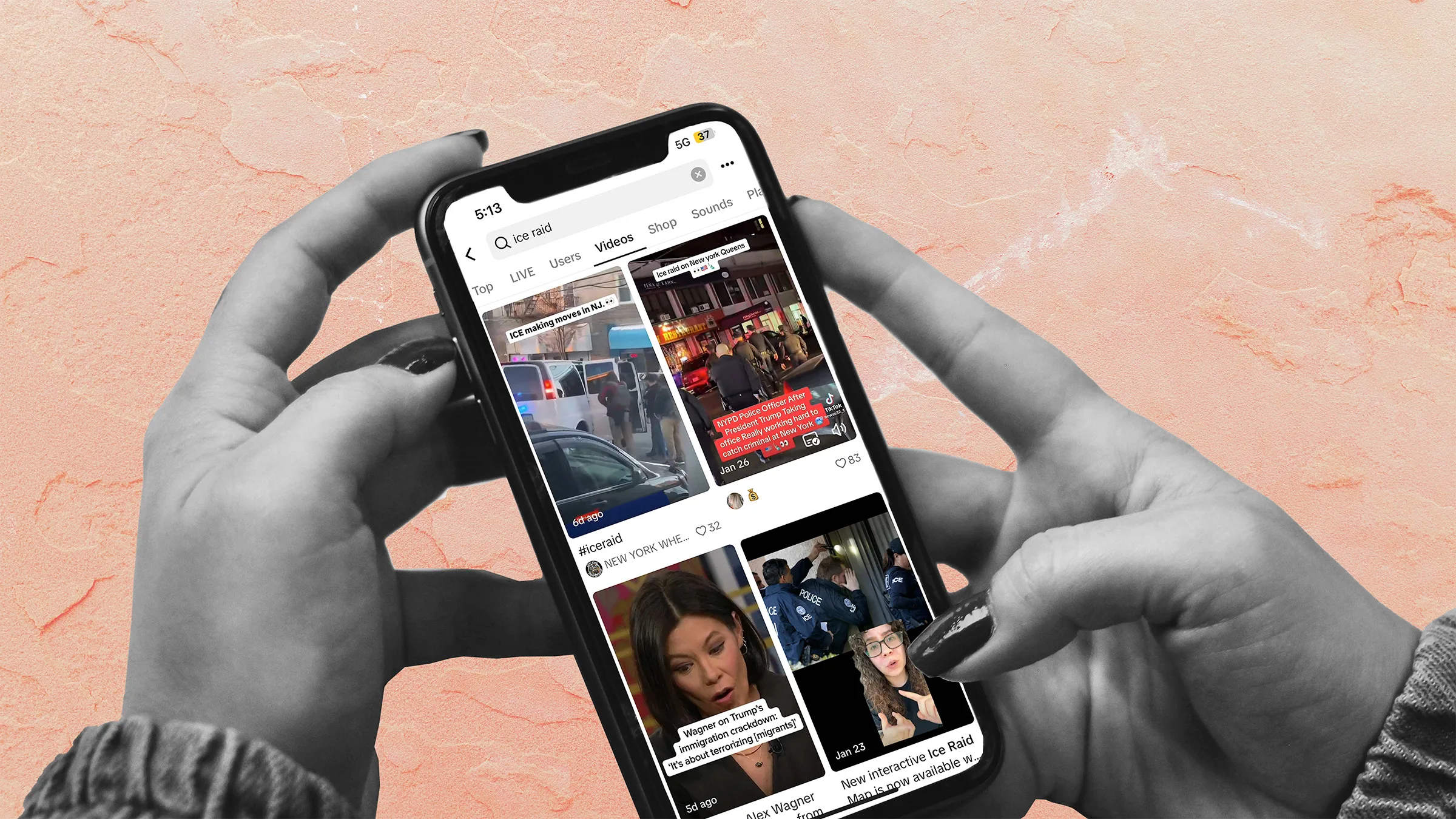Esteban, an asylum seeker residing in a shelter in Brooklyn, wanted to speak with a psychologist the afternoon of April 4 to vent his frustration and paranoia that had been brewing the closer he got to his first anniversary of living in the United States. At first, living in New York had given him a freedom that he had never experienced in his country of Colombia, where he was harassed and discriminated against daily by his close relatives for his sexuality. At one point, he considered taking his life.
But the closer he got to May 11, a day that also marks the one-year deadline to file his asylum case with the immigration court as required by the U.S. government, he felt that freedom dissipated. He attempted to get free legal assistance from local organizations for the past eleven months but he has been unsuccessful, he says. With one month remaining to find a lawyer, his days are full of paranoia. “The last thing I want is to be sent back to Colombia,” he said. “For me that would be the death.”
Many who arrived in New York last spring on buses from the border told Documented through our WhatsApp platform that they have struggled to find lawyers to help them file their claims with the immigration courts. The pro bono system is overburdened and few can afford a private lawyer, the asylum seekers say. Some have borrowed money to get assistance with submitting their asylum claims, and others have said that they have been constantly looking for lawyers that could help them file their case for free just to be turned away. Some said they are now at risk of having their asylum claim denied, while also straining the already stretched thin organizations that offer legal services.
Esteban, who requested Documented only use his first name, has kept track of the nonprofit organizations he has visited by highlighting them on a printout he received. He claims that some of the organizations have been closed when he has visited them, or have asked him to call in advance. “I have left them voice messages, but they never call me back,” he said.
Although submitting an asylum application is free, he says he was quoted around around $2,000 for legal guidance — an amount he cannot afford.
Until the second week of April, 27 days before his one-year deadline, he continued to call local groups. Desperate, he says that he paid someone $500 — one week’s salary— to help him send the asylum application.
“On a Treadmill”
This spring marks one year since the arrival of more than 55,000 asylum seekers in NYC — many of whom were bussed to the city by political leaders from other states. The increase of arrivals has placed added pressure on the many organizations providing the services.
Every month the New York Legal Assistance Group (NYLAG) has been partnering with local organizations to host clinics in public spaces, primarily in communities that have seen an increase in school enrollees and in areas near public shelters that house recently arrived migrants, said Jodi Ziesemer, director of the Immigrant Protection Unit at NYLAG.
Ziesemer says that during clinics their staff and volunteers help anywhere from 25 to 30 families — upwards of 80 individuals — with screening services. She added that demand is usually three times higher than their capacity to provide services. “Last month we had a cap of 25 families, but 96 families had signed up, so we had a wait list,” she said. Ziesmer said that prioritizing families near the one-year deadline of filing their case with immigration court feels like playing catch up. “It’s like we are running on a treadmill.”
Audu Kadiri, a community organizer with African Communities Together (ACT) — one of the many organizations partnering with the Mayor’s Office of Immigrant Affairs (MOIA) to provide services for asylum seekers — also agreed that the demand has been increasing.
“Because before the influx we already had cases that we were dealing with, we don’t have the capacity to take on new cases that come,” Audu said, adding that ACT has referred requests from asylum seekers to other partner organizations as well.
According to a spokesperson from MOIA, the City provides more than $67 million in annual funding for immigration legal services. On March 7, Mayor Eric Adams introduced The Road Forward Plan to address the need of the influx of asylum seekers, where an additional $8 million dollars was allocated for legal assistance purposes for this fiscal year, with $3 million coming from the state.
Most of the legal services are provided through the Asylum Seeker Navigation Center, Community-Based Satellite Sites, in Humanitarian Emergency Response and Relief Centers and in the city’s Department of Homeless Services shelters. In 2022, more than 4,000 newly arrived asylum seekers received legal orientations through the Navigation Center and Satellite Sites, and approximately 1,000 received assistance with their asylum case through ActionNYC.
Also Read: Pro-Bono Lawyers And Free Legal Immigration Services in New York
Always an Unmet Demand
Like Esteban, 17-year-old Gerson P. from Guatemala has been looking for legal assistance for the past year. He entered the U.S. on April 8, and says that he has sought help from at least five different organizations and has called others since he has been living in Brooklyn.
“When they say they are unable to help me, I asked them if they know of another organization that could help me. They give me the number, and then the new organization gives me another number. And then at the end they say they can’t help me,” he said, adding that during the weekends his cousin, his legal guardian in New York who gave Documented permission to use Gerson’s name and his last name’s initial, takes him out to ask new organizations for help with filing an asylum case.
Minors are an exception to the one-year filing deadline until they turn 18, Brian Manning, a political asylum lawyer and former government asylum officer, said. Under extraordinary circumstances, Manning explained there is also an exception known as legal incapacity which deals with the inability of the minor to deal with the legal complexity of filing the case.
However, Gerson says he is eager to start his asylum case, as the benefits of obtaining a green card and work permit later on could further open up his opportunities to support himself in the states. Getting a private lawyer is out of the question, he said, given that he cannot work and that lawyers have quoted him around $10,000 to submit the asylum application and represent him throughout the process.
Although the arrival of new asylum seekers have contributed to the high demand, both Kadiri and Ziesemer said that there has always been an unmet need for immigration legal support. Especially as most asylum seekers are being placed in removal proceedings, which requires presenting their claim in court.
They added that volunteers who can process asylum applications and screenings are always needed, too, as well as legal experts that can take on certain cases from start to finish.
Ziesemer explained that people who can speak Spanish, Haitian Creole and other African languages are needed. “They don’t have to be really highly skilled, we just need people who are interested in doing the training and participating in the events.”
The afternoon of April 19, Esteban said he was relieved to have submitted his asylum application. But he says that now has started looking for a lawyer who can represent him in immigration court, which has also been challenging for migrants, as Documented reported last year.
Meanwhile, Gerson says he will continue to reach out to other organizations so that he can file his application before turning 18 in January of next year.
Also Read: How to Donate and Help Migrants Seeking Asylum in NYC
